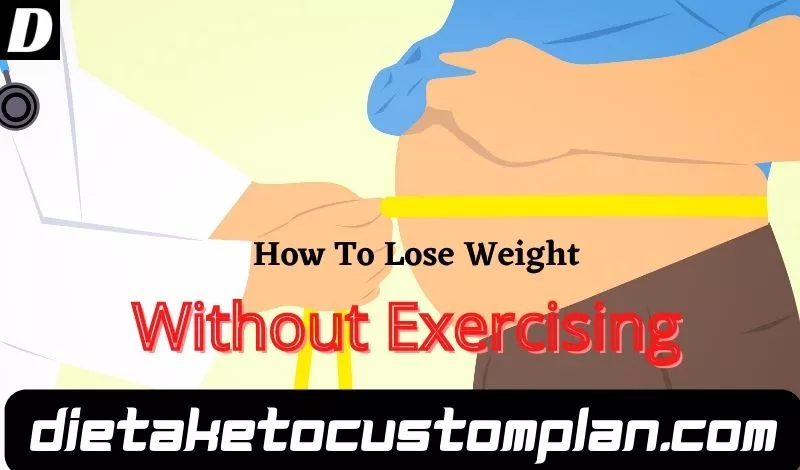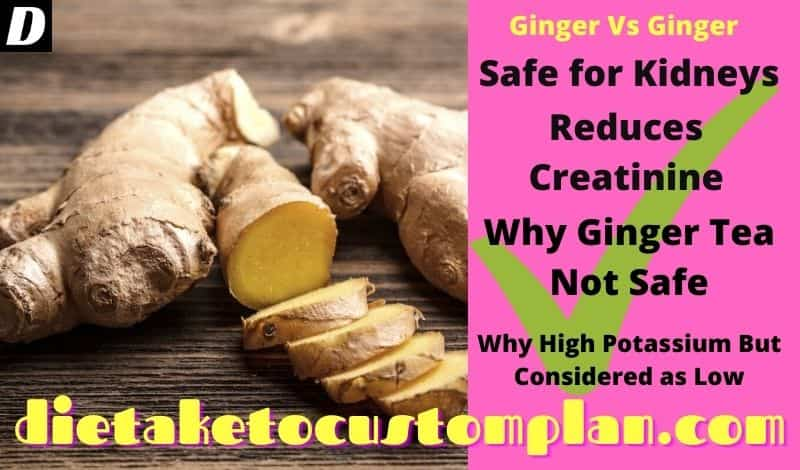The special dietary requirements of people who consume a plant-based diet and engage in regular physical exercise are taken into account in a diet chart for vegetarian athletes, which is a tailored nutrition plan. In order to help vegetarian athletes meet their performance and fitness objectives, this diet chart aims to offer a balanced and nourishing meal plan.
Being a vegetarian athlete can be difficult since maintaining a healthy, balanced diet calls for careful preparation and attention to nutrient intake. Iron and protein are two minerals that are frequently lacking in vegetarian diets but are crucial for athletes.
The diet chart for vegetarian athletes is designed to provide an adequate intake of essential nutrients. Protein, iron, calcium, and omega 3 fatty acids are crucial for maintaining a healthy body and promoting optimal athletic performance. This chart also focuses high fiber and nutrient-dense plant-based foods that provide long lasting energy, improve digestion, and support the overall health of the athletes. In fact this chart can serve as a guide for vegetarian athletes looking to optimize their nutrition and support their training and competition goals.
Nutritional Needs of Vegetarian Athletes
Protein
Sources of plant-based protein include beans, lentils, chickpeas, tofu, tempeh, seitan, nuts, and quinoa. The recommended daily intake for athletes is 1.2-1.7 grams per kilogram of body weight.
Iron
Sources of plant-based iron include dark leafy greens, beet greens, dried fruits, nuts and seeds, whole grains and fortified cereals. The recommended daily intake for athletes is 18 milligrams per day for adult men and women.
Vitamin B12
Plant-based Cereals are enriched with vitamin B12. On the other hand fortified plant-based milk, nutritional yeast, and B12 pills contain this essential nutrient. Adults should consume 2.4 milligrams of this substance daily.
Zinc
Whole grains, nuts, seeds, and legumes are some plant-based food sources of zinc. For adult men, 11 milligrams are advised daily intake and for adult women, 8 milligrams are recommended.
7 Days Meal Plan for Vegetarian Athletes
A 7-day meal plan for vegetarian athletes should include a variety of nutrient-dense foods to fuel their workouts and support recovery. Here’s an example of what a week’s worth of meals might look like:
Monday:
- Breakfast: Whole wheat toast with peanut butter and banana slices
- Snack: Greek yogurt with berries
- Lunch: Quinoa and black bean salad with avocado and corn
- Snack: Carrots and hummus
- Dinner: Lentil and sweet potato curry with brown rice
Tuesday:
- Breakfast: Oatmeal with chia seeds, almond milk, and maple syrup
- Snack: Apple slices with almond butter
- Lunch: Spinach and feta stuffed portobello mushrooms
- Snack: Handful of nuts
- Dinner: Spaghetti with marinara sauce and lentil meatballs
Wednesday:
- Breakfast: Oatmeal with almond milk, topped with fresh berries and almond butter
- Snack: Greek yogurt with honey and chopped nuts
- Lunch: Grilled vegetable and quinoa salad
- Snack: Carrots and hummus
- Dinner: Vegetarian chili mixed with brown rice
Thursday:
- Breakfast: Smoothie bowl made with spinach, banana, almond milk and protein powder
- Snack: Apple slices with peanut butter
- Lunch: Whole wheat pasta with a homemade tomato and vegetable sauce
- Snack: Cottage cheese with added cucumber slices
- Dinner: Baked sweet potato topped with black beans, salsa and avocado
Friday:
- Breakfast: Scrambled eggs with spinach and mushrooms, served with whole wheat toast
- Snack: Celery and almond butter
- Lunch: Lentil soup with a side of whole wheat bread
- Snack: Berries and Greek yogurt
- Dinner: Grilled portobello mushrooms with a side of roasted vegetables
Saturday:
- Breakfast: Whole wheat pancakes with fresh berries and maple syrup
- Snack: Rice cakes with avocado and tomato
- Lunch: Chickpea salad sandwich on whole wheat bread
- Snack: Roasted almonds
- Dinner: Stir-fry with tofu and mixed vegetables, served over brown rice
Sunday:
- Breakfast: Whole wheat toast with avocado and poached eggs
- Snack: Apple slices with cinnamon and honey
- Lunch: Grilled veggie wrap with hummus and tzatziki
- Snack: Greek yogurt with honey and fresh berries
- Dinner: Spicy lentil and vegetable curry with a side of quinoa
Foods With Specific Nutrient Needs
This vegetarian athlete’s 7-day diet plan’s nutritional breakdown will change depending on the precise foods and serving quantities used. However, generally speaking, it would offer a mix of healthy fats, carbs, and proteins in addition to a range of vitamins and minerals from fruits and vegetables.
Complex carbohydrates are found in whole grains such as oats, quinoa, brown rice, and whole wheat bread and pasta. Natural sugars and fiber are also present in fruits and vegetables.
Protein: The food plan contains plant-based sources of protein that can aid in muscle building and repair, such as tofu, Greek yogurt, and legumes (lentils, beans, and chickpeas).
Fats: Healthy fats such as those found in nuts, avocado, and olive oil help to support brain function and overall health, and can also help to keep hunger at bay.
Vitamins and Minerals: Fresh fruits and vegetables provide a wide range of vitamins and minerals, including Vitamin C, Vitamin A, Vitamin K, Vitamin E, Vitamin B-12, calcium, iron, and potassium.
However this is just a sample diet chart, and actual nutrient breakdown will vary depending on the ingredients and serving sizes used.
Final Thoughts
The 7-day diet chart for a vegetarian athlete provides a balance of carbohydrates, protein, and healthy fats, as well as a variety of vitamins and minerals from fruits and vegetables. The chart includes a variety of plant-based sources of protein such as legumes, tofu and Greek yogurt, which can help to support muscle growth and repair.
Whole grains, fruits and vegetables provide complex carbohydrates for energy and natural sugars and fibers. Healthy fats found in nuts, avocado and olive oil are also included to support brain function and overall health.
However, it is always important to keep in mind that this is a sample diet chart and the actual nutrient breakdown will vary depending on the ingredients and serving sizes used.


